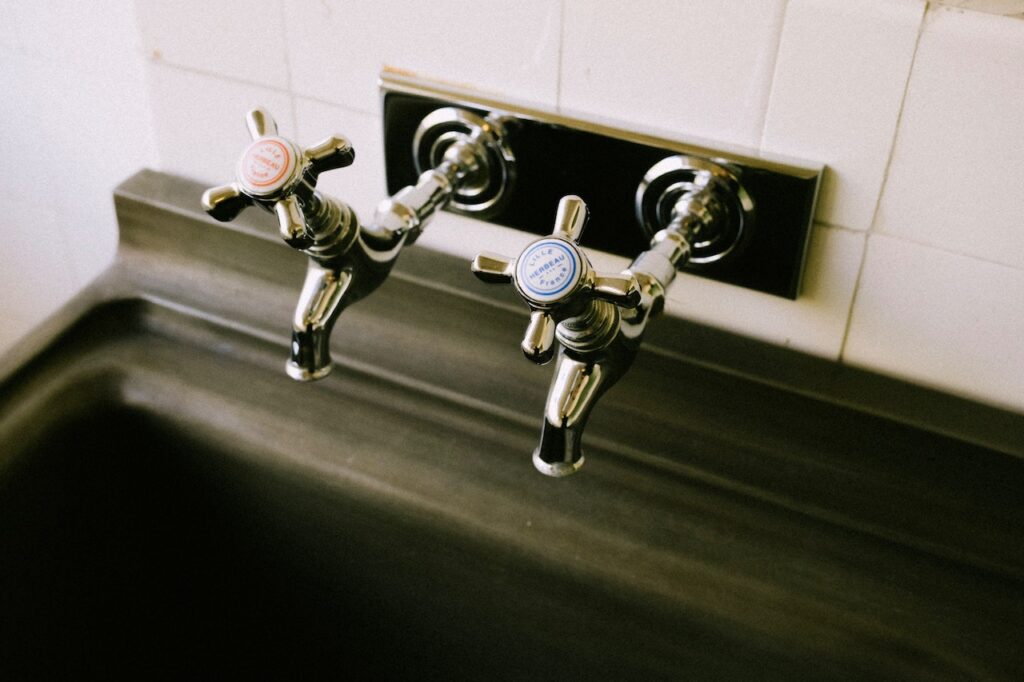The Impact of Hard Water on Your Hot Water Heater: Prevention and Treatment

Hard water can have a major impact on the efficiency, performance, and lifespan of your hot water heater. In addition to these issues, hard water can create mineral deposits that accumulate in the tank over time. Understanding how hard water affects your hot water heater is an important part of maintaining its health.
Hard water is a type of water that contains high levels of dissolved minerals, like calcium and magnesium. While it’s not dangerous to drink, these minerals can cause problems with your home’s plumbing and appliances if they are left untreated. One area in which hard water can have an especially detrimental effect is on your hot water heater.
This article will explore the impact of hard water on your hot water heater as well as provide tips for prevention and treatment.
Impact of Hard Water:
Hard water contains high levels of calcium and magnesium which can leave behind scale buildup inside the tank of your hot water heater. This scale buildup reduces the heating efficiency by decreasing the surface area available for heat transfer and insulating sections of the tank from the heat source. Over time this leads to higher utility bills and premature failure of the unit.
Hard water can also cause corrosion of the tank walls, resulting in leaks and other problems. This is most often caused by a reaction between the minerals in the hard water and anodes that are used to protect the tank from rusting.
Damage to Your Water Heater:
Impurities in hard water can build up within your hot water heater and lead to corrosion, clogs, reduced efficiency and premature failure. When these minerals are heated, they form a scale that sticks to the walls of the tank and can reduce its capacity over time. This layer of buildup will act as an insulator and make it harder for your water heater to heat the water inside the tank. Furthermore, any deposits on heating elements or thermostats could cause them to malfunction.
Prevention:
The best way to prevent damage from hard water is by installing a water softener in your home. These systems use special resins that exchange hard ions for ones with a lower charge and make them easier to filter out. Water softeners can help reduces the amount of buildup in your hot water heater, as well as improves its efficiency by allowing it to heat up faster. Additionally, you should also flush your hot water tank every 6 months or so to get rid of any sediment that may have accumulated in the tank.
Treatment:
If you are already experiencing problems with hard waters, there are treatments available that could help alleviate the damage done to your hot water heater. You can use a chemical solution designed specifically for removing limescale from appliances like tanks and boilers. These products work by breaking down calcium carbonate deposits and make them easier to flush away. You can also install an acid neutralizer system or a water conditioner if the problem persists. These systems will help reduce the acidity of your water and make it easier to filter out minerals.
FAQs:
Q: What is the best way to prevent damage from hard water?
A: The best way to prevent damage from hard water is by installing a water softener in your home. This will help reduce buildup and improve efficiency by allowing it to heat up faster. Additionally, you should also flush your hot water tank every 6 months or so to get rid of any sediment that may have accumulated in the tank.
Conclusion:
Hard water can be very damaging to hot waters heaters, leading to corrosion, clogs and reduced efficiency. Fortunately, there are ways you can prevent or treat these issues before they become too severe. Installing a water softener or flushing your hot waters tank every 6 months are great preventive measures that can reduce buildup in your system over time. If you already have damage from hard water, chemical solutions and other treatments may be able to help alleviate the issue. With proper maintenance and care, you should be able to enjoy healthy hot water for years to come.
